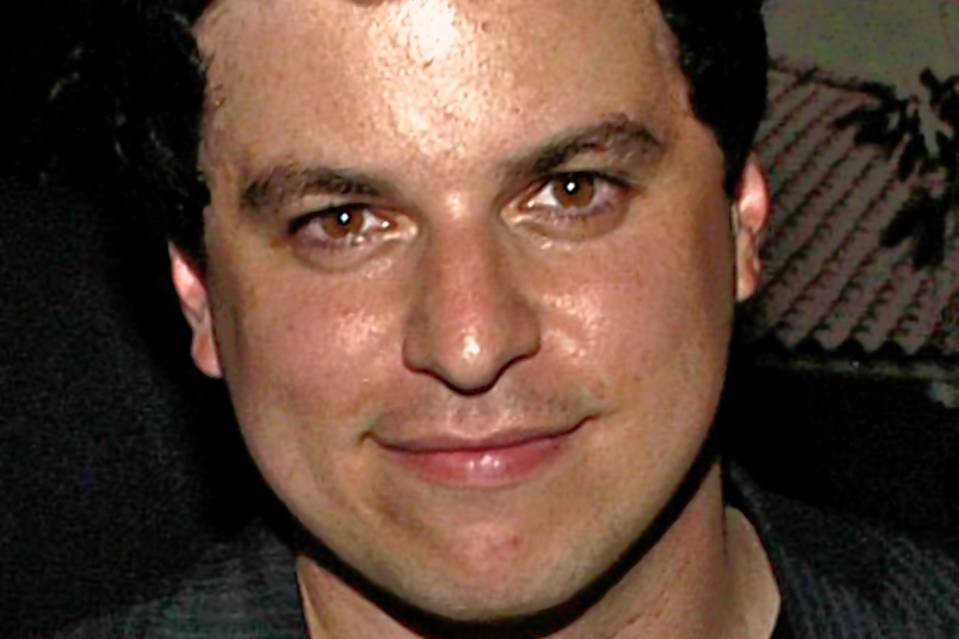
For This Fintech Upstart, Small Is Beautiful
By Telis Demos for WSJ
Acorns Grow Inc. is banking on the idea that tiny investments are the future of Wall Street.
To prove that point, the latest financial-technology upstart installed as its chief executive an ex-disc jockey turned marketing guru who has never worked in wealth management.
The company is generating believers: PayPal Holdings Inc., Rakuten FinTech Fund and other investors contributed $30 million in venture funding last week, bringing Acorns’s total funding to $62 million raised.
The Irvine, Calif., company’s mobile app allows users to make regular deposits from their bank accounts into an Acorns account that automatically invests the money in a basket of exchange-traded funds.
The typical customer adds “spare change,” as the company puts it, averaging about $50 each month, by rounding up purchases to the nearest dollar and depositing the difference. The app links to an online bank account, tracks activity on the account and invests the rounded-up change from transactions.
Advertisement
“We want to make a big decision small,” said Jeffrey Cruttenden, 29 years old, who co-founded the company in 2012 with his father, Walter.
Acorns’s average account is small, at about $175. Most asset managers consider accounts that small not worth the hassle, but they have enabled Acorns to reach about $150 million in assets under management across 850,000 accounts, up from 475,000 accounts at the beginning of 2016.
That is far behind the $4 billion held by the largest independent “robo-adviser” service, Betterment Inc., and the $3 billion held by Wealthfront Inc. But Acorns has more than four times as many accounts as Betterment and 10 times as many as of Wealthfront.
About three-quarters of Acorns’s users are between the ages of 18 and 34, with annual income under $100,000. The average age of a client of a conventional financial adviser is 62 years, according to PriceMetrix.
Acorns’s plan is to build up an enormous user base, then monetize it by adding more features as users demand more services. It also plans to earn fees from marketing partners such as retailers.
That model hasn’t always worked out in Silicon Valley, where Internet startups that built up huge audiences, like Snapchat Inc. and Twitter Inc., see valuations shrink when they are slower to deliver big revenue or profit than hoped.
Venture investments in startup U.S. retail investment services dropped from $317 million in 2014 to $152 million last year, according to Dow Jones VentureSource.
Nevertheless, Acorns’s business model is enough to put it on banks’ radar, many of which are desperate to figure out ways to attract and generate more revenue from customers, especially young ones just starting their financial lives.
“All the banks are worried about this nibbling of their customers,” said Frank Rohde, chief executive of Nomis Solutions, a technology firm that works with banks to price products. “Another app coming out and getting a million users is taking deposits out of some bank somewhere.”
Indeed, some banks offer rounding-up savings to account holders, such as Bank of America Corp., whose Keep The Change program has tallied $8 billion in savings, according to the bank.
While studying math in college, Jeffrey Cruttenden pitched his father, a banking and brokerage veteran who is now chairman of Acorns, on a business that cuts the cost of investment for small sums.
Jeffrey said Acorns initially sought to partner with big asset managers, but they wanted to add too many features and slow down the signup process. The company’s app launched in August 2014.
As a DJ, CEO Noah Kerner he learned to “keep a crowd’s attention every night,” which he said more financial firms needed to understand to keep short-attention-span customers focused on a long-term product like investing.
“The way to disrupt [investing] is from the ground up,” said Mr. Kerner, 38.
Before being announced as Acorns CEO last week, Mr. Kerner previously was chief strategy officer at office-space company WeWork Cos. He joined Acorns’s board last year.
In 2014, he sold a digital marketing and product design startup he founded, whose clients included J.P. Morgan Chase & Co. It helped build a student credit card that rewarded responsible behavior.
He co-wrote a book, “Chasing Cool,” about marketing to young consumers. He started DJing as a teenager growing up in New York’s East Village and worked with pop star Jennifer Lopez.
Acorns offers five levels of strategies ranging from conservative to aggressive, made up of six ETFs. Jeffrey Cruttenden jokes that it mimics the Tinder dating app: “Swipe right for more risk, left for less.”
The expected annual returns range from about 5% to 9% depending on the strategy, according to an Acorns white paper.
It charges relatively high fees when accounts are small: $1 a month for accounts with assets under $5,000, though it waives the fee for accounts with less than $10. On a $500 account, that would translate to an annual fee of about 2%.
That is more than five times what online advisers such as Betterment and Wealthfront charge for their most expensive accounts. Acorns, which also lets users make larger regular or one-time investments, charges 0.25% of assets annually for accounts over $5,000.
Last July, Wealthfront CEO Adam Nash in an online posting called monthly fees “exorbitant” for small accounts. The next day, Acorns said its service would be free for students aged 18 to 23.
“Our fees reduce as you add,” said Jeffrey Cruttenden. “The focus on initial returns is less important than the vehicle for saving and investing.”
Acorns aims to add more services and partners to generate additional revenue. In May, it will start offering retailers a product that will enable retailers to add to their customers’ Acorns accounts.
PayPal and Acorns say they will explore possible links, like with PayPal’s person-to-person payments app Venmo.
First appeared at WSJ





